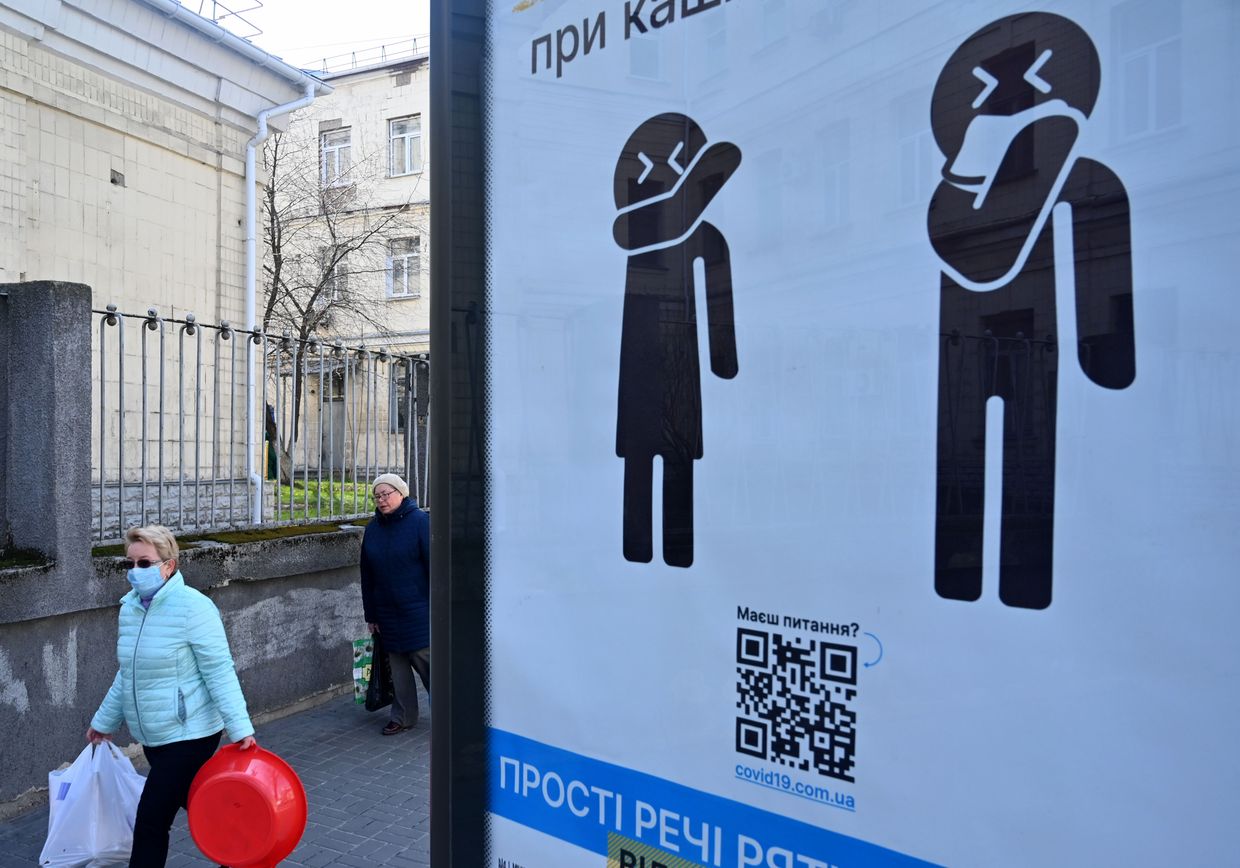Yommie
SpeedLimited
- Oct 2, 2013
- 64,173
- 37,188
- Country of Origin

- Country of Residence

- Thread starter
- #1,591

Joe Rogan ribs COVID-19 vaccines, LGBTQ community in Netflix special 'Burn the Boats'
Joe Rogan poked fun at COVID-19 vaccines and the LGBTQ community during his Netflix live special \
Joe Rogan ribs COVID-19 vaccines, LGBTQ community in Netflix special 'Burn the Boats'
 Edward Segarra
Edward SegarraUSA TODAY

Joe Rogan isn't afraid to ruffle some feathers.
The comedian and podcaster, who's drawn controversy for his remarks on COVID-19 vaccines and race, made light of his problematic rap during his Netflix live special "Burn the Boats" on Saturday.
"That might be misinformation," Rogan joked. "Don't say you heard it from me because I am known for that (expletive)."
In 2022, Rogan was criticized for his remarks on COVID-19 vaccines due to concerns that "The Joe Rogan Experience" host was promoting false claims about the health treatment. Shortly after, the comic came under fire when a video compilation showing Rogan repeatedly using racial slurs circulated online.
Joe Rogan makes fun of COVID-19 controversy
Rogan poked fun at his COVID-19 controversy, including criticism of his comments' impact."If you're getting your vaccine advice from me, is that really my fault?" Rogan said.
"COVID was just so strange," he continued. "We lost a lot of people during COVID, and most of them are still alive. There's a lot of people that I don’t (expletive) with anymore. Before COVID, I would have told you that vaccines are the most important invention in human history.
"After COVID, I’m like, 'I don’t think we went to the moon. I think Michelle Obama's got a (penis). I think Pizzagate is real. I think there's direct energy weapons in Antarctica.' I'm just kidding — I don't think Michelle Obama’s got a (penis), but I believe all of that other (expletive)."

Joe Rogan defends jokes targeting LGBTQ community
Rogan also skewered mainstream visibility of the transgender community in the hourlong special. The comedian said while he "believes in trans people," he also acknowledged the presence of "crazy people" who may allegedly exploit trans inclusivity."I’m open-minded. I just want to know what happened," Rogan said. "It’s almost like a pervert wizard waved a magic spell on the whole world. With a wave of this wand, you can walk into the women’s locker room with a hard (expletive), and anybody who complains is a Nazi."
He added: "I just think we need standards. You can’t just put lipstick on and now you can (expletive) in the women’s room."
Rogan also addressed the claim that he’s homophobic, insisting that jokes about the LGBTQ community are not "hateful."
"I don’t hate anybody. I love everyone. And I love gay men," Rogan said. "But I think about gay men the same way I think about mountain lions: I’m happy they’re real, but I don’t want to be surrounded by them. They’re a bunch of dudes who (expletive) dudes. I don’t like my chances, OK?"
According to experts, it's important for artists to consider the power of their words. By expressing anti-trans sentiments online and through their work, celebrities send a message that it's OK to target trans people in the real world.
"Famous people have a decision to make about what ideas they will lift up and promote. We are seeing a terrible increase in violence against transgender people — especially Black transgender women,” Rodrigo Heng-Lehtinen, executive director of The National Center for Transgender Equality, previously told USA TODAY. “Transgender youth are being bullied and told they can’t play school sports. Politicians in many places are trying to take away their health care.
"The stakes are high, but sometimes those who are unfamiliar with real transgender people can’t see or understand how harmful their words and actions are to these real people."
Contributing: Patrick Ryan, USA TODAY


:max_bytes(150000):strip_icc()/GettyImages-2095975132-1c079bfff64b430192c32eaf0a5b3ac7.jpg)
:max_bytes(150000):strip_icc():format(webp)/McCollresize-752ea47dccf24c979ced3f694a0e7361.jpg)
:max_bytes(150000):strip_icc():format(webp)/GettyImages-2095975132-1c079bfff64b430192c32eaf0a5b3ac7.jpg)

